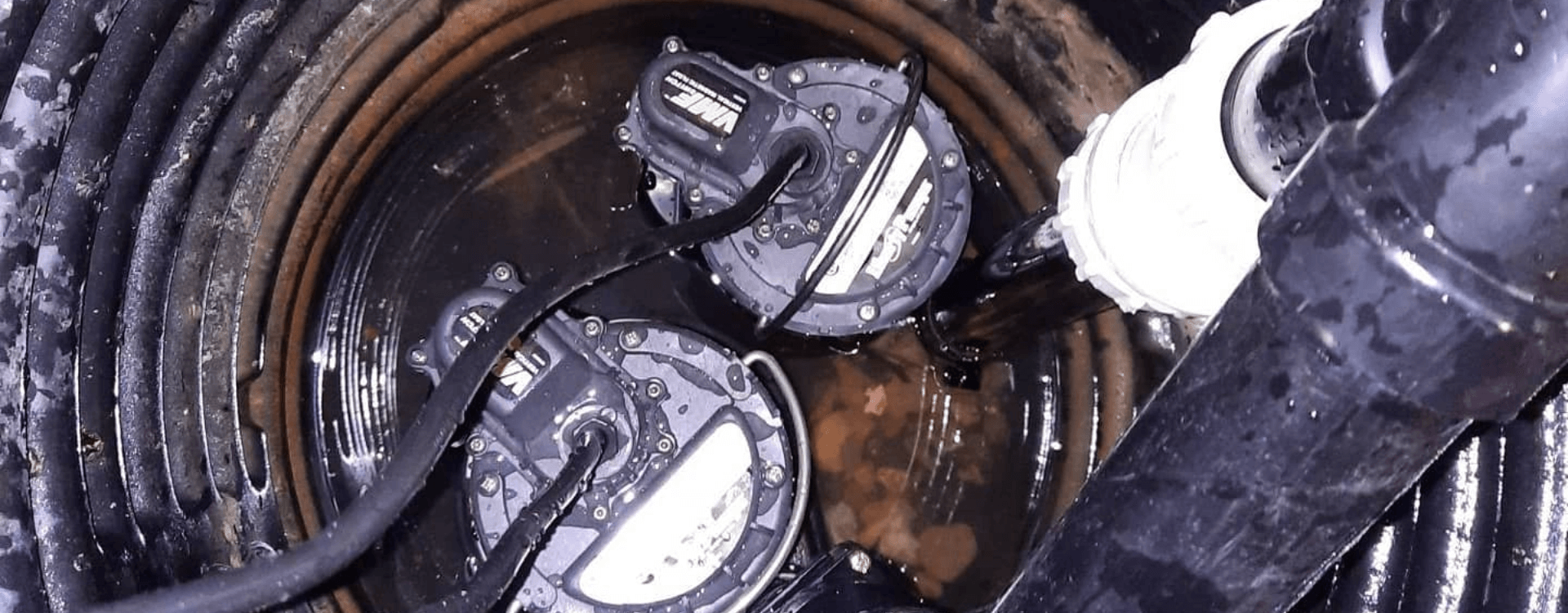What Is F.O.G.? And How To Dispose Of It
Families all over the world are more health conscious these days. They are eating healthier at home with less fried foods and fatty meats. Yet, many people still don’t realize we must remain diligent in preventing Fats, Oils and Grease (often left over from cooking) from going down our drains and toilets.
Cooking fats, oils, and grease (referred to as FOG) are the main leading causes of clogged drains, back-ups, and sewage spills.
Keeping FOG out of your drains will keep the plumber away, save you money, prevent embarrassing backups, and inconvenient messy cleanups.
In case you didn’t know already, here is a list of many typical pipe-clogging foods and bi-products of foods to avoid washing down the drain:
- Oil and butter
- Mayonnaise and sour cream
- Cheese
- Sauces and dips
- Salad dressing
- Cake frosting
- Pie dough
- Gravy
- Turkey and chicken pan drippings
- Fat remaining on plates from BBQ steak
- …. this is not a complete list, but you get the idea.
What happens when you put fats, oils, and grease (FOG) down the sink or toilet?
When FOG materials cool, they form blockages. FOG clogged pipes cause big problems. They can lead to basement flooding and sewage overflows onto streets and surrounding areas. These clogs can also damage your local wastewater facility and your water rates may go up to cover repairs.
Tips to keep Fat, Oils, and Grease out of your drains:
- Scrape food and grease from plates into the trash – remember, garbage disposals don’t remove grease.
- Place a strainer in your sink drains.
- Pour off cooking grease from pans and bake ware into another container. Let it cool and/or solidify before placing it in the trash or green bin (recycling container).
Of course, we are all human – and being such may forget or overlook some of the culprits listed above and therefore wind up with clogged drains. Be sure to educate everyone in the family. If you end up with a clogged drain, remember you can always call in a professional to get the job done!



